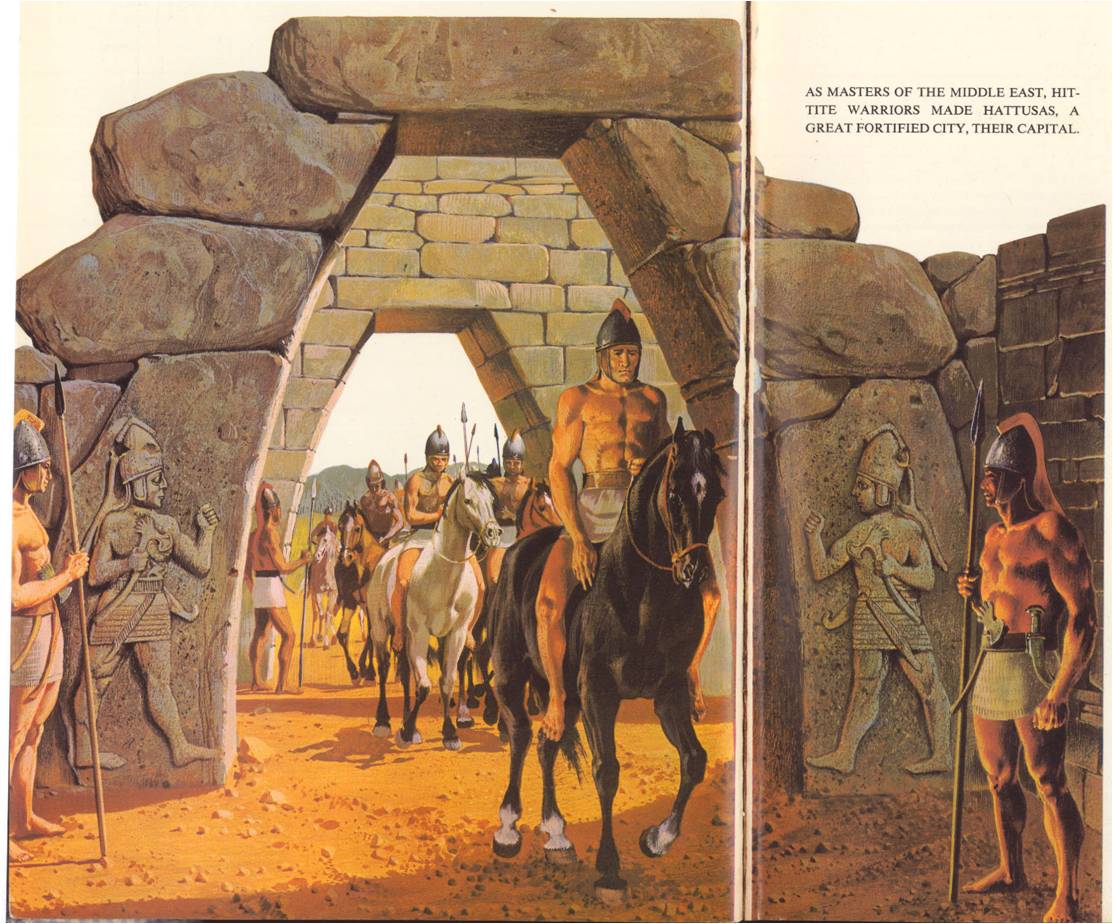Of all the city-states in Greece, Athens was the most fortunate. The city’s guardian was Athena, the goddess of war and wisdom. Indeed, the Athenians did well in war and were blessed with wisdom. In the dark days, when barbaric invaders had conquered one city after another, Athens had not surrendered. Later, when Athens felt the growing pains that brought civil war and ruin to so many city-states, a series of wise men guided Athenians safely through their troubles. The right leaders always seemed to come along at the right time. It was more than good luck, ofcourse. The Athenians put their trust in men with new ideas and they were willing to experiment. The experiments changed an ordinary little town into a great brilliant polis that left an enduring mark on the world. Athens was old. Its story began with a list of kings so ancient that no one was quite sure when they had lived. The greatest of them was Theseus, the young hero who killed the monster at Crete. The storytellers said that he won the friendship of the neighbouring tribesmen and persuaded their chiefs to swear loyalty to his city. That was the beginning of the polis, but many years passed before it became important. In the seventh century B. C., Athens was only a second-rate, backwoods polis. Its king could do little more than dream of the glorious old days when their forefathers had defended the town’s acropolis – the Athenians called it the Rock – against the barbarians. Attica, the countryside around the old fortress on the Rock, was really ruled by a quarrelsome lot of rival noblemen, the chiefs of the clans. These barons ran their vast estates like private kingdoms. They owned the country villages and all but owned the people in …
Read More »Hittite Warriors Build a Kingdom 1750 B. C. – 700 B. C.
Within 150 years of the death of Hammurabi, the cities of Mesopotamia were powerless and other peoples took up the struggle for the Near Eastern world. Among them were the Hittites, who had taken the city of Babylon. The rough Hittite tribesman hardly knew what to do with such a splendid city, let alone with an empire, so they went back to their strongholds in the highland plains of central Turkey. They had been living there for several centuries, ever since they had left their homeland in the steppes of central Asia. When the Hittites first moved into Turkey, they had found a land of peasants and small city-states unable to unite in resistance. The Hittites allowed the people to keep their own gods and languages, recruited officials to manage affairs and left the farmers and craftsmen to their work. It was a bleak, rocky land, hot and dry in summer, cold and windswept in winter but, there were grains and cattle and the people made beer and wine and kept bees for honey. The land was rich in metal ores, too. Later the Hittites were among the first to use iron. The Hittites set themselves over the native peoples as an aristocratic warrior class. For many years, rival Hittite tribes and chieftains fought among themselves before Labarnas established himself as the first true king. He led the Hittites in expanding their power throughout Turkey and his son Hattusilis I, extended it to Syria. Hattusilis made the city of Hattusas his capital. It was strategically located near the crossroads of the main trade routes in central Turkey. As his reign neared its end, Hattusilis could take pride in the kingdom he was leaving to his people, but he had one unpleasant task to perform. He had raised his nephew as …
Read More »

